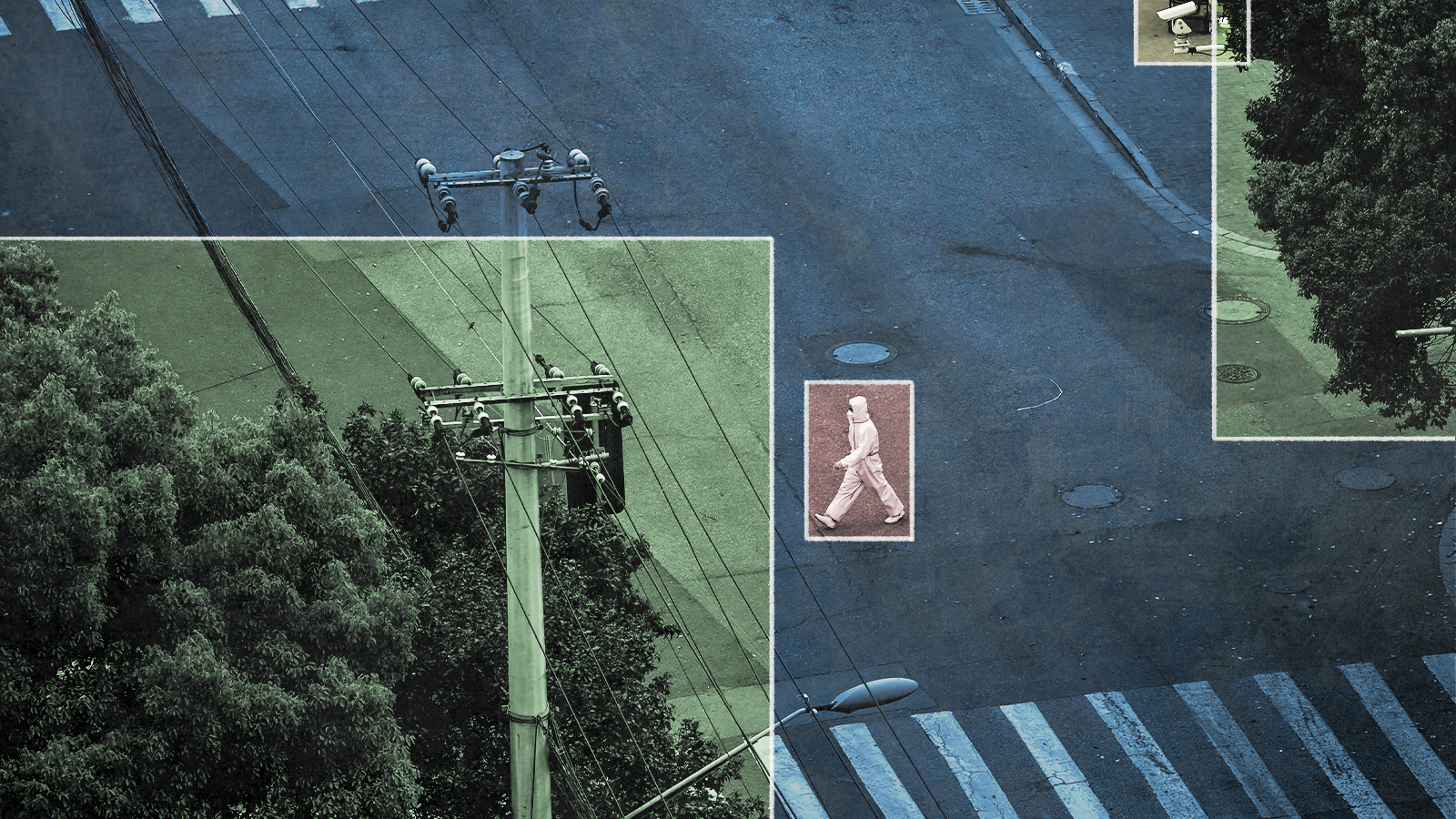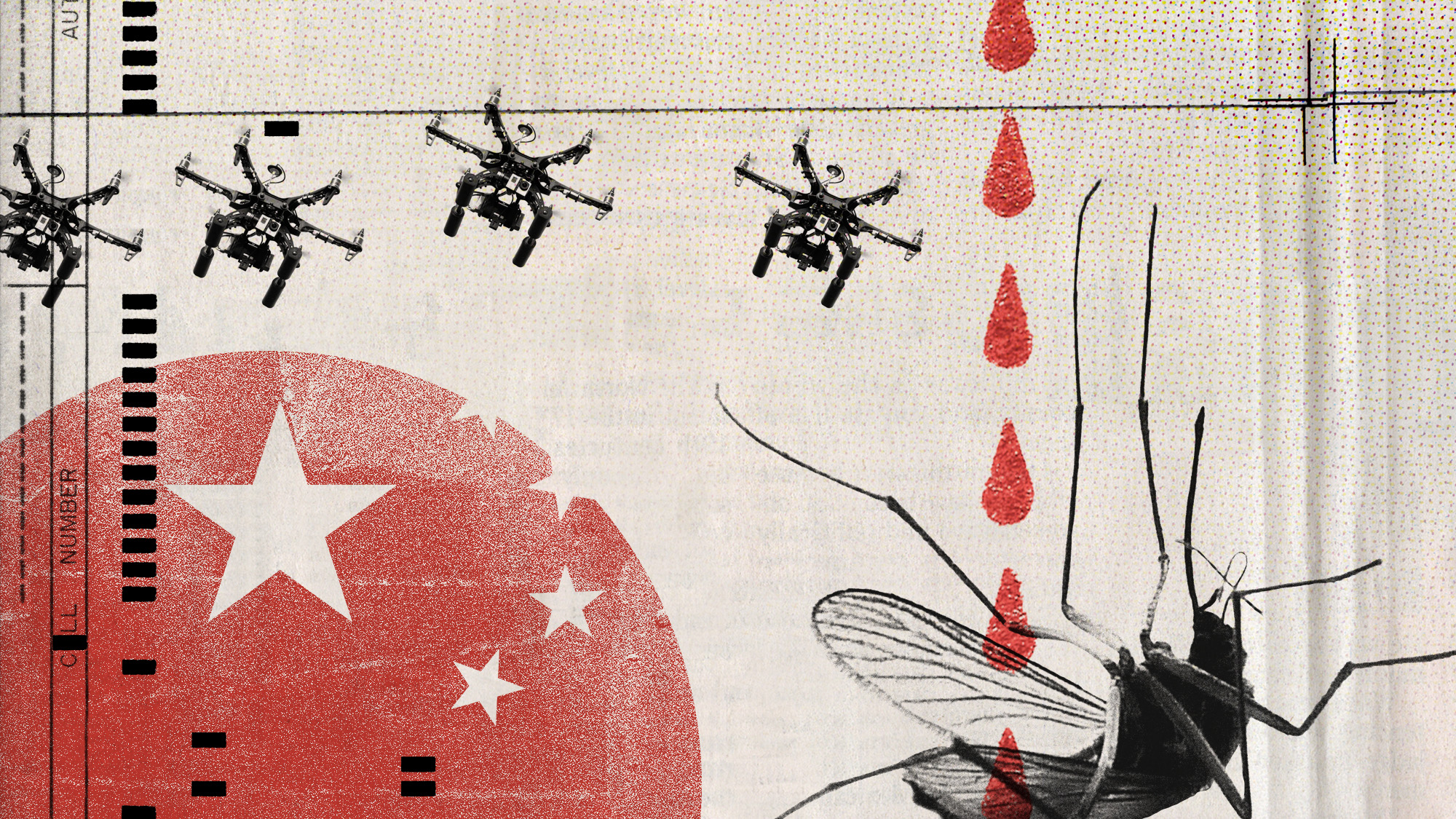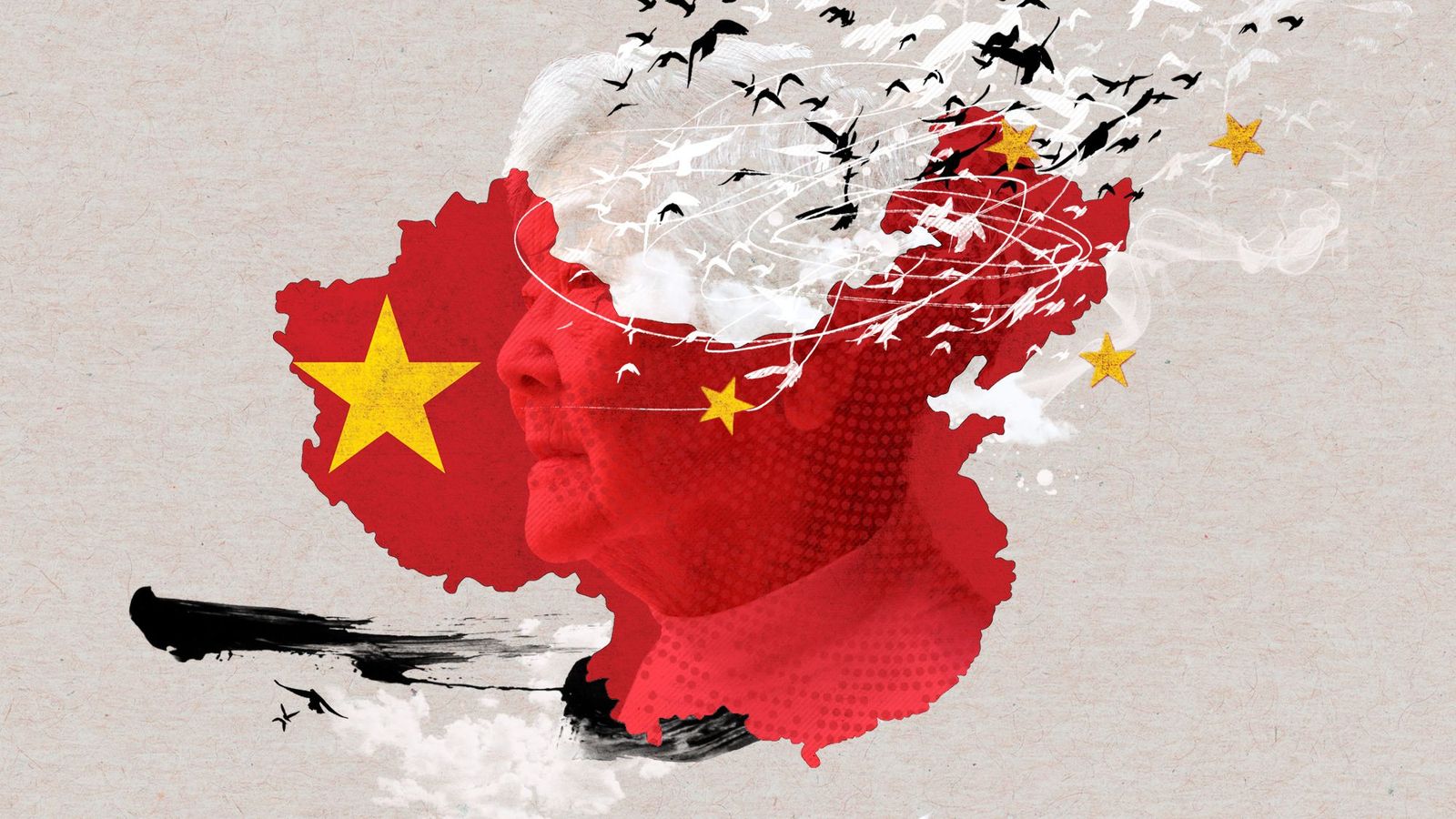What's up with the COVID lockdowns in China?


A free daily email with the biggest news stories of the day – and the best features from TheWeek.com
You are now subscribed
Your newsletter sign-up was successful
Residents of Shanghai are slowly beginning to emerge from a harsh, government-imposed COVID lockdown. What was the reasoning behind the nationwide standstill and how does it play into China's "zero-COVID" strategy? Here's everything you need to know:
Why are there lockdowns?
China locked down its most populous city, Shanghai, at the end of March to try to control a rapidly-escalating surge in infections. The government argued that closing nonessential businesses, shutting down public transport, and forcing citizens to stay inside would help mass testing efforts. Officials were also worried that "uncontrolled spread could overwhelm hospitals and cause a catastrophic loss of life," considering "large numbers of Chinese adults 80 and older are unvaccinated and there is little immunity from earlier infections," The New York Times writes.
Initially, the lockdown was only supposed to last for a few days and was intended to target one half of the city at a time. But officials shortly thereafter abandoned that approach, and residents were left panicked and scrambling for supplies needed to survive, like food and medical care. What's more, all COVID-positive patients were forced to isolate themselves in facilities, meaning parents were separated from their children, regardless of age.
The Week
Escape your echo chamber. Get the facts behind the news, plus analysis from multiple perspectives.

Sign up for The Week's Free Newsletters
From our morning news briefing to a weekly Good News Newsletter, get the best of The Week delivered directly to your inbox.
From our morning news briefing to a weekly Good News Newsletter, get the best of The Week delivered directly to your inbox.
Elsewhere, Beijing has been denying rumors that officials are working to curb rising case counts with a lockdown similar to Shanghai's — something the city has avoided the entirety of the pandemic. Authorities last week urged residents not to panic-buy groceries and supplies, but did encourage them to stay home while the government prepared a new round of mass testing, Reuters reports. But lockdown or not, the situation in Beijing has begun to mirror that of Shanghai, Bloomberg notes: "While most Beijingers are still technically allowed outside, there are few places to go, with schools, gyms, and attractions shut, restaurant dining banned indefinitely, and some districts cordoned off altogether."
What is 'zero COVID'?
"Zero COVID" has been the Chinese government's long-running strategy for dealing with (and hopefully eradicating) COVID-19. While much of the rest of the world has now adopted a "living with COVID" attitude toward handling the virus, the Chinese Communist Party has continued its crusade to stamp out COVID entirely. The highly-transmissible Omicron variant, however, has thrown a very big wrench into those plans. And on Tuesday, World Health Organization Director-General Tedros Adhanom Ghebreyesus called the Chinese government's strategy "unsustainable."
How have these zero-COVID lockdowns affected China?
Economically, it's been a mess. "Three key pieces of Chinese economic data all fell short of expectations in April," writes Investing.com, "underlining the damage done by the extended lockdowns plaguing Shanghai and other big population centers to stamp out COVID-19." Retail sales and industrial production both took a tumble on the year, as the offshore yuan meanwhile fell 0.2 percent.
The restrictive lockdowns might also deepen China's population crisis, CNN posits: "To many young people, the crisis unfolding in Shanghai is setting off alarm bells. ... 'Who is willing to have children when things have come to this? Who dares to have children?' asked a user on Weibo."
A free daily email with the biggest news stories of the day – and the best features from TheWeek.com
To that same point, the lockdowns and government measures have caused public retaliation, as well. Last Sunday, for example, a group of students at an elite Chinese university in Beijing made headlines after protesting COVID restrictions they argued were poorly communicated and unfair, the Times writes.
Have China's lockdowns affected the rest of the world, too?
Absolutely. Nearly 60 percent of European businesses in China said they were cutting 2022 revenue projections as a result of the country's COVID restrictions, CNBC reports, per an April European Union Chamber of Commerce in China survey. The lockdowns have also proven themselves a supply chain nightmare, considering half of the world's 20 largest ports are located in China, Fortune reports. The damage has impacted companies like Apple, Amazon, General Electric, and perhaps most notably, Tesla, which depends on a massive factory in Shanghai.
When will this end?
After roughly six weeks of lockdown, Shanghai officials announced Monday their intention to gradually reopen the city as of June 1 "if progress toward controlling the Omicron outbreak is maintained," The Wall Street Journal summarizes. Per the government, all but one of the city's 16 districts have "eliminated the virus from the broader community," the Journal writes. Some shops will open this week, but many restrictions on movement will remain until May 21, "after which public transport and other services will resume gradually," Reuters notes. Some residents, however, appeared skeptical of the news.
Meanwhile, in Beijing, cases continue to rise. Despite no official lockdown at the moment, whether officials add or remove restrictions in the coming days and weeks will likely depend on the number of infections.
Brigid Kennedy worked at The Week from 2021 to 2023 as a staff writer, junior editor and then story editor, with an interest in U.S. politics, the economy and the music industry.
-
 How the FCC’s ‘equal time’ rule works
How the FCC’s ‘equal time’ rule worksIn the Spotlight The law is at the heart of the Colbert-CBS conflict
-
 What is the endgame in the DHS shutdown?
What is the endgame in the DHS shutdown?Today’s Big Question Democrats want to rein in ICE’s immigration crackdown
-
 ‘Poor time management isn’t just an inconvenience’
‘Poor time management isn’t just an inconvenience’Instant Opinion Opinion, comment and editorials of the day
-
 A Nipah virus outbreak in India has brought back Covid-era surveillance
A Nipah virus outbreak in India has brought back Covid-era surveillanceUnder the radar The disease can spread through animals and humans
-
 Covid-19 mRNA vaccines could help fight cancer
Covid-19 mRNA vaccines could help fight cancerUnder the radar They boost the immune system
-
 The new Stratus Covid strain – and why it’s on the rise
The new Stratus Covid strain – and why it’s on the riseThe Explainer ‘No evidence’ new variant is more dangerous or that vaccines won’t work against it, say UK health experts
-
 RFK Jr. vaccine panel advises restricting MMRV shot
RFK Jr. vaccine panel advises restricting MMRV shotSpeed Read The committee voted to restrict access to a childhood vaccine against chickenpox
-
 How China is battling the chikungunya virus
How China is battling the chikungunya virusUnder The Radar Thousands of cases of the debilitating disease have been found in the country
-
 RFK Jr. scraps Covid shots for pregnant women, kids
RFK Jr. scraps Covid shots for pregnant women, kidsSpeed Read The Health Secretary announced a policy change without informing CDC officials
-
 China's soaring dementia rates
China's soaring dementia ratesUnder The Radar Government launches action plan after cases in China increase 50% faster than global average
-
 New FDA chiefs limit Covid-19 shots to elderly, sick
New FDA chiefs limit Covid-19 shots to elderly, sickspeed read The FDA set stricter approval standards for booster shots
